How women in gaming are changing the male-dominated narrative
'We have people representing all aspects of gaming now.'
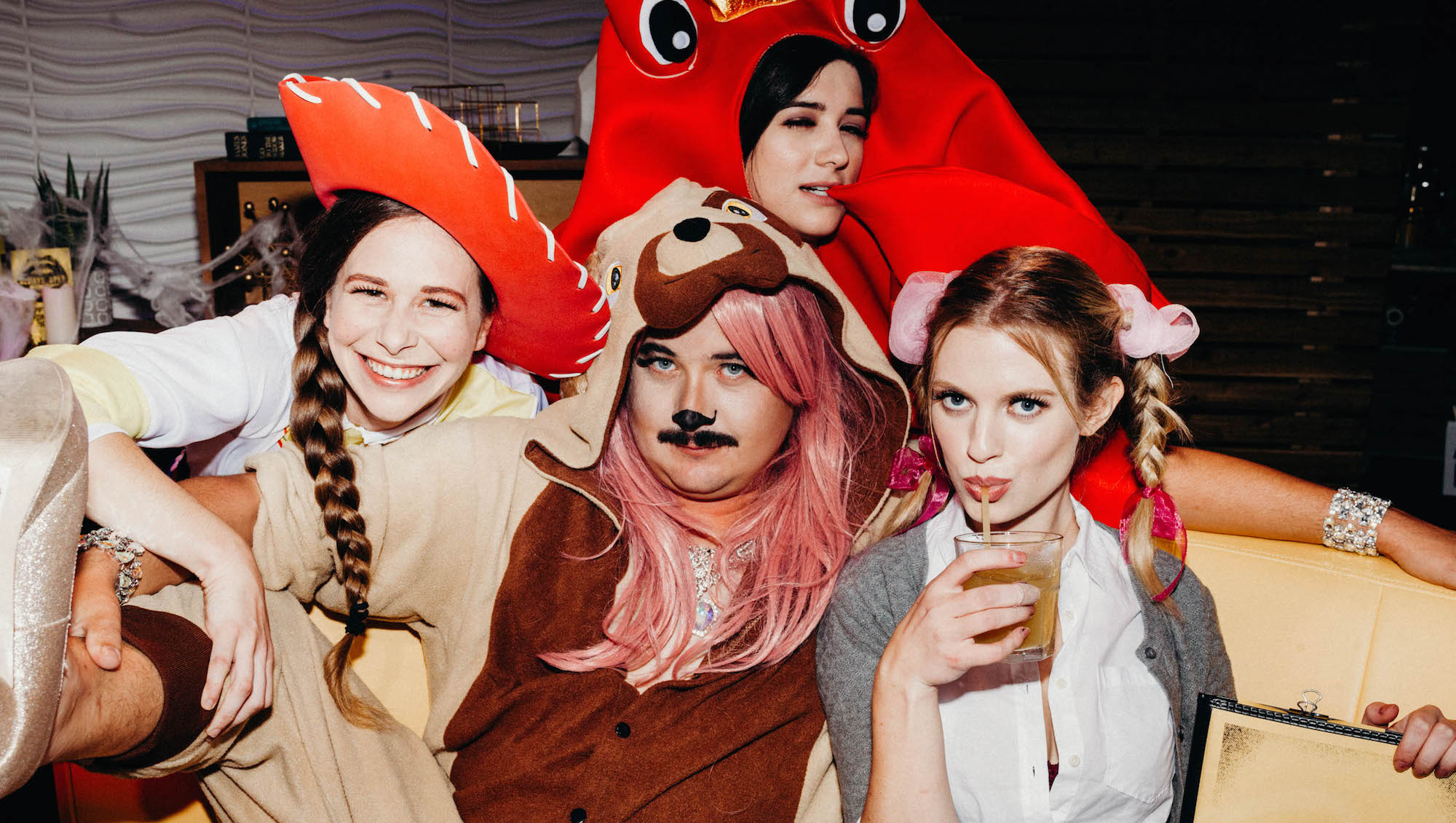
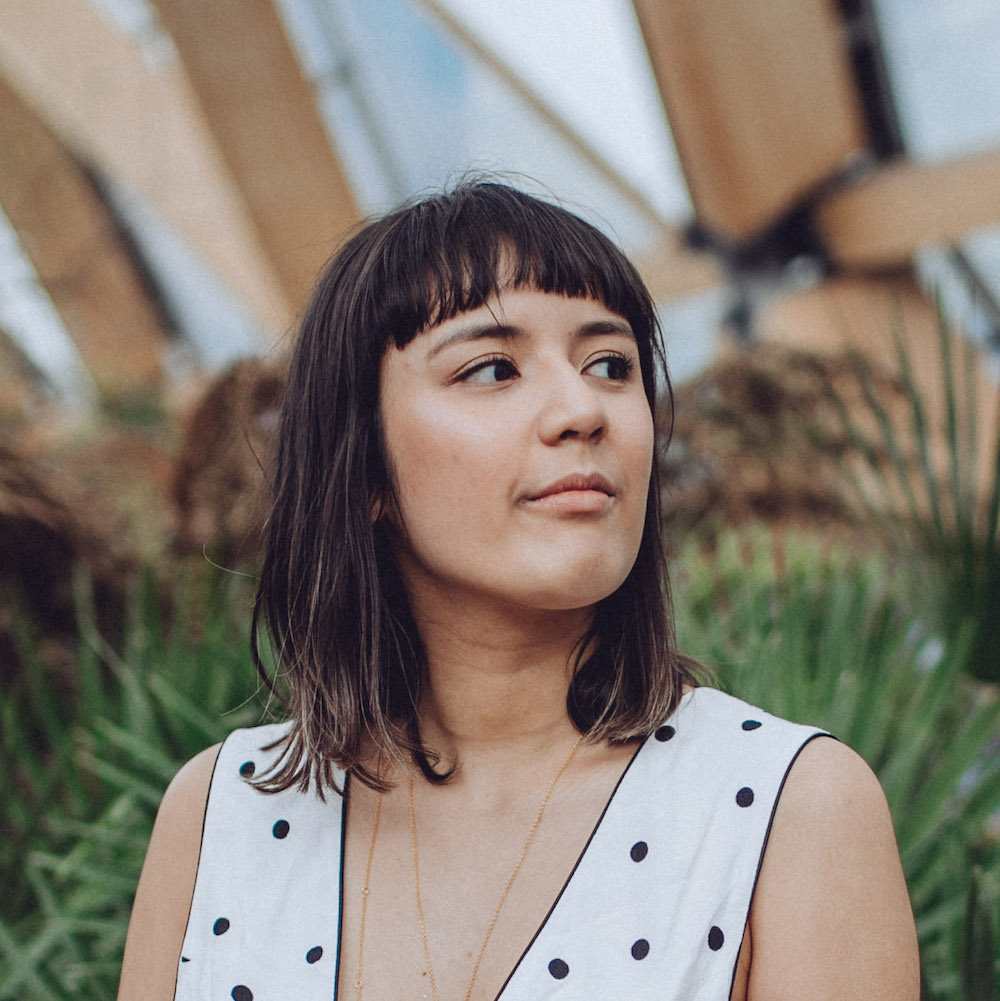
'We have people representing all aspects of gaming now.'
A teenage girl, dressed in a white gown, purple tunic and bull horns, sits down next to me and plops her gigantic bag of shopping on the ground between her knees. She's chatty and doesn't take long to tell me that she's dressed as one of her favourite characters Toriel from the video game Undertale. The VIP pass for RTX London, the video game and new media convention we're at run by entertainment network Rooster Teeth, swings around her neck as she gestures animatedly. It's a privilege that would have put her back £350 for the entire weekend.
She rifles through the sack of merchandise she's recently snagged on the showroom floor and waxes lyrical about the video games she's just play-tested at their booths: from the new Super Mario Odysssey (the hour and a half long queue was 'worth the wait') to Owlboy ('it's adorable'). We're midway through our conversation when Rooster Teeth's Director of Social and Community Marketing Barbara Dunkelman steps onstage to lead her panel. The room, which is evenly split between men and women, erupts into applause.
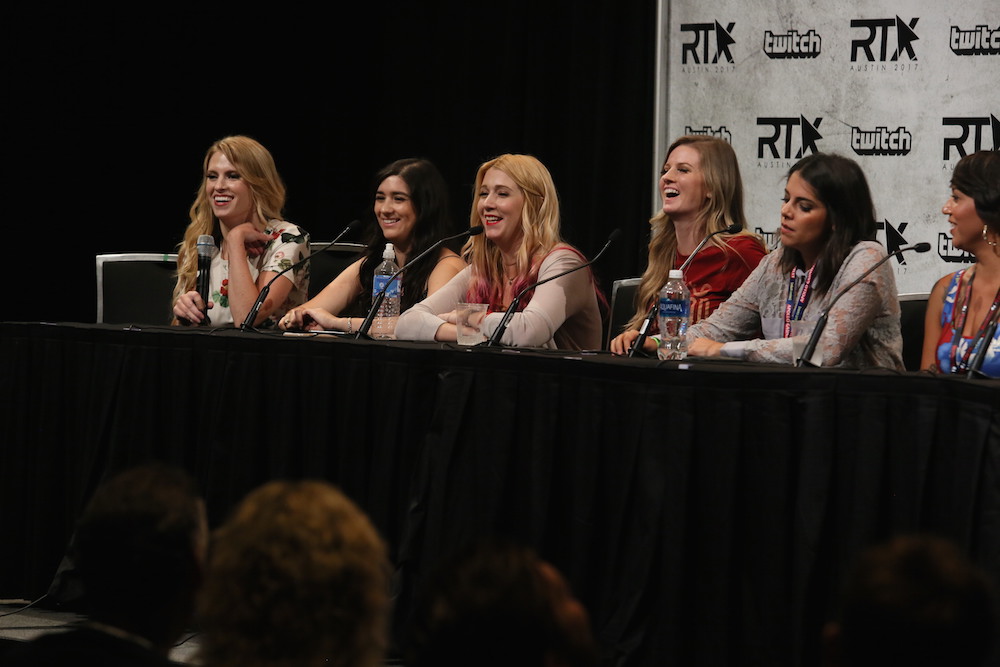
These are just some of the millions of women who make up the video game audience, challenging the narrative that a shiny new console or a good old first person shooter like Halo is just for the boys. While many might think that women are just a drop in the ocean of the video game consumer market, 41% of US gamers are actually female, according to Entertainment Software Association research findings in April 2017. Another 2017 report from Barclays predicts that women will spend an groundbreaking £1.1 billion on gaming over the next year, making up a third of the projected £3.5 billion the industry is expected to rake in.
Despite the reality that women make up nearly half of all gamers, they are grossly underrepresented in video games, gaming video content and behind the scenes in development. However, there's a few women and companies making efforts to challenge the male-dominated narrative and shine a light on the women who work hard - and play just as hard.
---
Women like game artist Sandra Da Cruz Martins, who works for mobile game developer King on Candy Crush Saga in Sweden, were in a distinct minority when they started.
Marie Claire Newsletter
Celebrity news, beauty, fashion advice, and fascinating features, delivered straight to your inbox!
Sandra, who has worked in the industry for over a decade, explained, 'I can proudly say that in both the Netherlands and in Sweden, I've never been treated with disrespect because of my gender. But I noticed how few women were around me. Even though this is different [now] at King, back in the day it still wasn't the norm. It made me work harder than I would have done if [the gender ratio] had been equal from the beginning.'
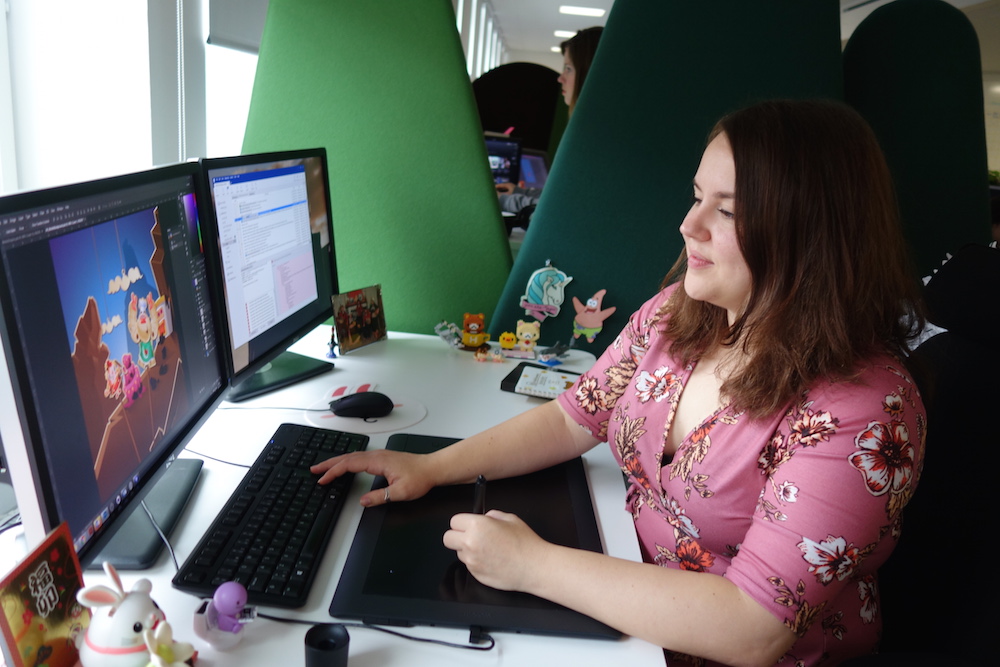
Tech has long been a male-dominated industry, and unfortunately video games fall into the same bracket. According to a 2005 study conducted by the International Gaming Developers Association, women made up just 11.5% of the games industry and upon a further breakdown into separate departments: they made up almost half of the administrative roles (47%), whereas there was a definite absence of women in programming (5%), production (21%) and at the executive level (12%). Visual arts, Sandra's area of expertise, was at a low 11%.
Eleven years on from IGDA's depressing survey about female developers in the industry, their 2016 survey actually showed that the number of women in the games industry had risen to 22%; doubling the numbers in just over a decade. King in particular launched a scholarship programme last year in conjunction with games industry diversity watchdog Diversi aimed at 'encouraging more women into tech and gaming’.
While there's still quite a way to go, Sandra feels that the shift in gaming culture itself has helped kickstart positive growth. She said, 'It’s no longer the case that to be in the gaming industry you have to be a hardcore gamer. We have people representing all aspects of gaming now. These are all kinds of different motivations for future game designers, artists and programmers to find their way into the industry.'
While naturally male-dominated adventure titles like Call of Duty, Wolfenstein and Legend of Zelda will remain stalwarts in the scene, the industry has gradually more inclusive of other genres. Story-led epics like Gone Home and female-dominated titles like Horizon Zero Dawn have garnered critical acclaim and raced to the top of the gaming charts. And puzzle games like Candy Crush Saga, which recently celebrated its fifth anniversary (unheard of for a mobile game), have left a lasting impact on the industry with 2.73 billion downloads across the entire franchise.
In terms of improving in-game representation of women, Assistant Professor of Entertainment and Media Studies at the University of Georgia Shira Chess also pointed towards independent games developers. Many diverse games such as the hits Stardew Valley, Little Nightmares and the Monument Valley series have captured the attention of gaming audiences globally.
Shira said, 'I think the video game industry needs to take its leads better from the indie games movement. There are a lot of great games on [online game store] Steam and mobile app stores that really eschew these gendered binaries in complicated ways...We just need to do a better job of showing this diversity more broadly to get more people into the game.'
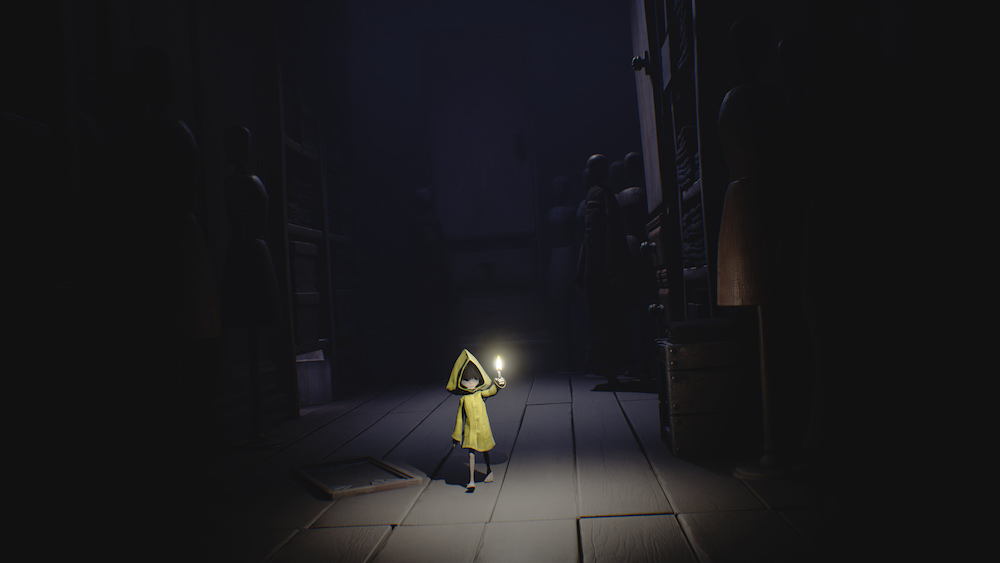
Gaming video content has been instrumental in changing the perception of what a typical gamer looks like, with women, LGBT-identifying individuals and people of colour carving out their own space in the world of gaming video content. According to a 2015 Superdata study on Gaming Video Content, 666 million people watch it globally (twice the size of the US population) and women make up 46% of the viewing audience. While male creators have clinched the top spots, women like Barbara Dunkelman of Rooster Teeth and YouTuber LDShadowlady (also known as Lizzie) are optimistic about the future of female-led content.
'Guys like watching guys play games, and guys like watching guys tell jokes, and it's just kind of the way media has been for a long time. But I still think it's getting better, including women in content like that is helping and having women do their own shows and stuff is helping so I think it'll get a lot better soon,' said Barbara.
And Barbara is absolutely speaking from experience. Her company Rooster Teeth, which has a very strong background in gaming video content, has a roster of on screen talent that is primarily male-dominated. However, hundreds of women have since joined the team behind the scenes as well as on screen. Barbara for instance created her own video podcast Always Open - one that frequently shines a light on the fellow women in her company such as Lindsay Jones, Elyse Willems and other gaming personalities such as Jessica Nigri and Reina Scully.

She said, '[The women of Rooster Teeth] actually just started like a whole email group that goes out to the company and we're going to try and go out to happy hours and support each other. But it's funny because when I first started at Rooster Teeth six years ago, I was one of two women.'
For YouTube gamer LDShadowlady (who goes by Lizzie offline), a watershed moment for the community was the addition of the category Most Popular Video Games Broadcaster on YouTube to the Guinness Book of World Records.
She explained, 'I think there are starting to be a lot more [female personalities] lately! I think iHasCupquake was just the most subscribed female gamer on YouTube in the Guinness Book of World Records which was awesome, a really nice step forwards for YouTube female gamers.'
iHasCupquake's Guinness World Record Announcement
However, it's still an uphill climb for female gaming video content creators. As of November 26, iHasCupquake has over 5.9 million YouTube subscribers. She doesn't even come close to scratching the reach of the biggest male creators on the platform, with PewDiePie leading the charge at nearly 59 million followed by VanossGaming at 21.9 million and Markiplier at 18.7 million. A part of it may be due to the fact that there simply just aren't that many women in the realm, however the women that are there strongly champion one another.
Lizzie said, 'The good thing is that all of the females on YouTube, all of the gamers, we all kind of know each other. There is a little bit of a small community where if we don't know each other, we know of each other and we sort of like are cheering each other on silently.'
It's support that's well needed however, as there remains a small contingent of players on the internet wary of the women who regularly pick up a controller. It's impossible to talk about women in gaming without bringing up Gamergate, a turning point where Depression Quest games developer Zoe Quinn was brutally harassed online under claims that she had slept with a games critic in exchange for a positive game review - despite the fact the named critic had never reviewed her game. The event soon snowballed into a massive crisis of representation for the industry, culminating in death and rape threats against women and those who spoke out in defence of them.
Shira’s critical work on redefining gamer culture quickly made her a target. She explained, 'There was an incident early on during GamerGate where a colleague and I were accused of being part of a rather robust conspiracy [to destroy video games and the video game industry].'
A shared Google document she and Adrienne created to discuss an upcoming games conference and the topic of feminism in games was hijacked by 4chan, who quickly began sabotaging the document by deleting or rewriting parts of it, later connecting them to a government-wide conspiracy to ruin video games. In an article she later wrote about the experience with her colleague Adrienne Shaw, she described it as 'a moment where masculine gaming culture became aware of and responding to feminist game scholars'.
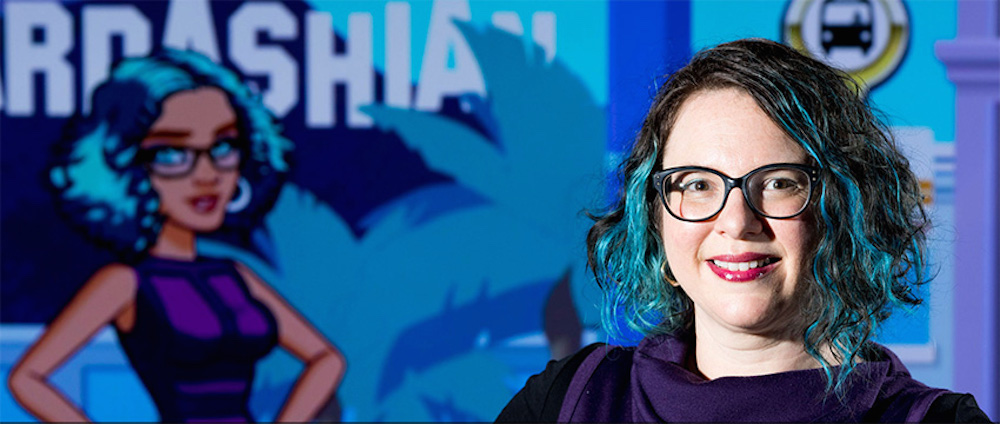
'It was both terrifying and hilarious, all at once,' she admitted. However, it hasn't stopped her and she's been working harder than ever - in fact, she recently published a series of feminist video game essays in her new book Ready Player Two.
Luckily for Barbara and Lizzie, they haven't had to deal with anything on quite the same level as Shira. However, they've still had the odd comment and Barbara had an interesting point to make about the difficulties that only women face.
'Any video I’m in on the internet gets slews of comments of people making inappropriate comments about [me], or cutting [me] down, or commenting on [my] appearance. Something that just basically happens to women and that guys never have to see or deal with. So I think we still have a long way to go with that,' Barbara said.
Her job entails overseeing not just the audience of her own videos, but also that of the rest of the company. Having a keen sense for the pulse of their community and how to respond is vital and for her, dealing with sexism is a lesson in restraint rather than rising to the occasion. As one of the few high profile women in the gaming video content industry, Barbara explained that it was their 'responsibility' to 'encourage our audience to either educate themselves on, or be more knowledgeable about those sides of the audience'.
For Lizzie's younger audience, she admitted that she's less likely to come across sexist comments - however she has dealt with a couple that have clearly stayed with her. As one of the most watched YouTube gamers with three million subscribers and counting, she lets her work do all talking for her.
'I think the best way to deal with [abuse] is to kind of prove them wrong. And how best can you do that than to not rise up to the hate? I think there's been not too many instances where I haven't been able to prove myself and stand my ground and say, 'Actually, I'm here because I've climbed my way to the top,' she said.
Lizzie's experience and younger demographic are a glimpse into a more inclusive world for female and male video gamers. As for who's watching her? It's women - and young women.
'You know, a lot of guys when they hear I do YouTube they assume my audience is just guys watching me but actually no - it's like eighty percent females watching me. They're all the young generation of gamers, there's loads of girls there!' she insisted. 'They all want to play Minecraft, they all want to get involved. And it's not just floofy pink fluffy Minecraft stuff, some of them play more hardcore games than I do.'
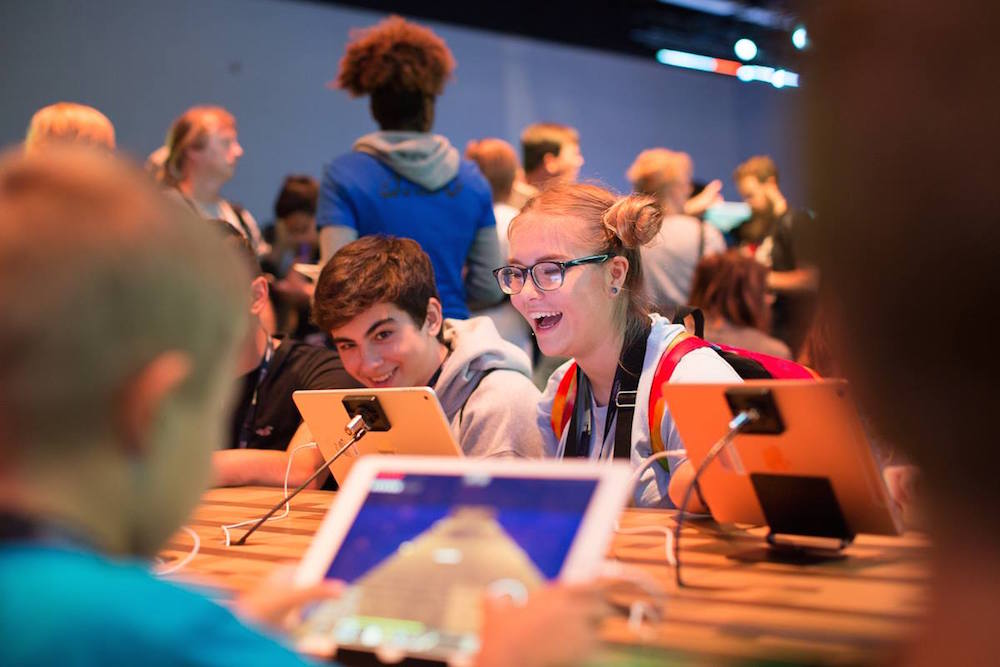
It's fascinating to see how young female gamers are responding to a culture that has long been perceived as traditionally male, and especially interesting to see how they consume video games. According to a survey by Rosalind Wiseman and Ashly Burch in which over 1500 children aged 11-18 were interviewed about their gaming habits, it was revealed that 86% of boys that identified as gamers wanted to see more girls playing video games.
The study also revealed that high school girls overwhelmingly prefer to play as female protagonists (60%) with 46% of middle school girls following suit. If women are nearly half the gaming audience now, then there's an undeniable demand for diverse and female-led games and will continue to be for years to come as these girls grow older.
It's especially illuminating talking with Geoff Ramsey, the founder of gaming channel Achievement Hunter at Rooster Teeth, about his twelve year old daughter Millicent, who's inherited a love of the family past time.
He explained, 'My daughter - her name is Millie - she is 100% a gamer. And it's fun to watch her and it's interesting to watch how she consumes video games. Like, Millie won't play a game if there's not a female protagonist.'
At twenty four years old, I'm exactly double Millie's age and I think back to the games I used to play when I was twelve. If I wanted to play a game, I knew I was going to be playing as a Mario, a Master Chief, a Tidus, a Sora. Back then, playing as a girl was a surprise - not to be expected.
But as for Millie? She now has the option.
Geoff said, 'She's not articulating it in a way where [she's saying], 'I'm like fighting for equality.' I can just see it in the way she plays video games, which is her level of entertainment, which is just like, 'I don't feel represented.' And so if she doesn't feel represented, she just ignores it and focuses her time and attention on places where she does feel represented.'’
And if she's the future of video gaming, it gives me so much hope.
Megan is a freelance journalist who covers entertainment and all things lifestyle, with a particular passion for fashion, beauty, travel and Keanu Reeves stories. She has previously worked on staff for titles including Marie Claire UK, CNN Style and The Evening Standard and has written for titles such as Bustle UK, Wallpaper*, Forbes and Hong Kong Tatler. She splits her time between London and her hometown Hong Kong, where she currently lives with the love of her life - an elderly dog named Poppy - and her husband.
-
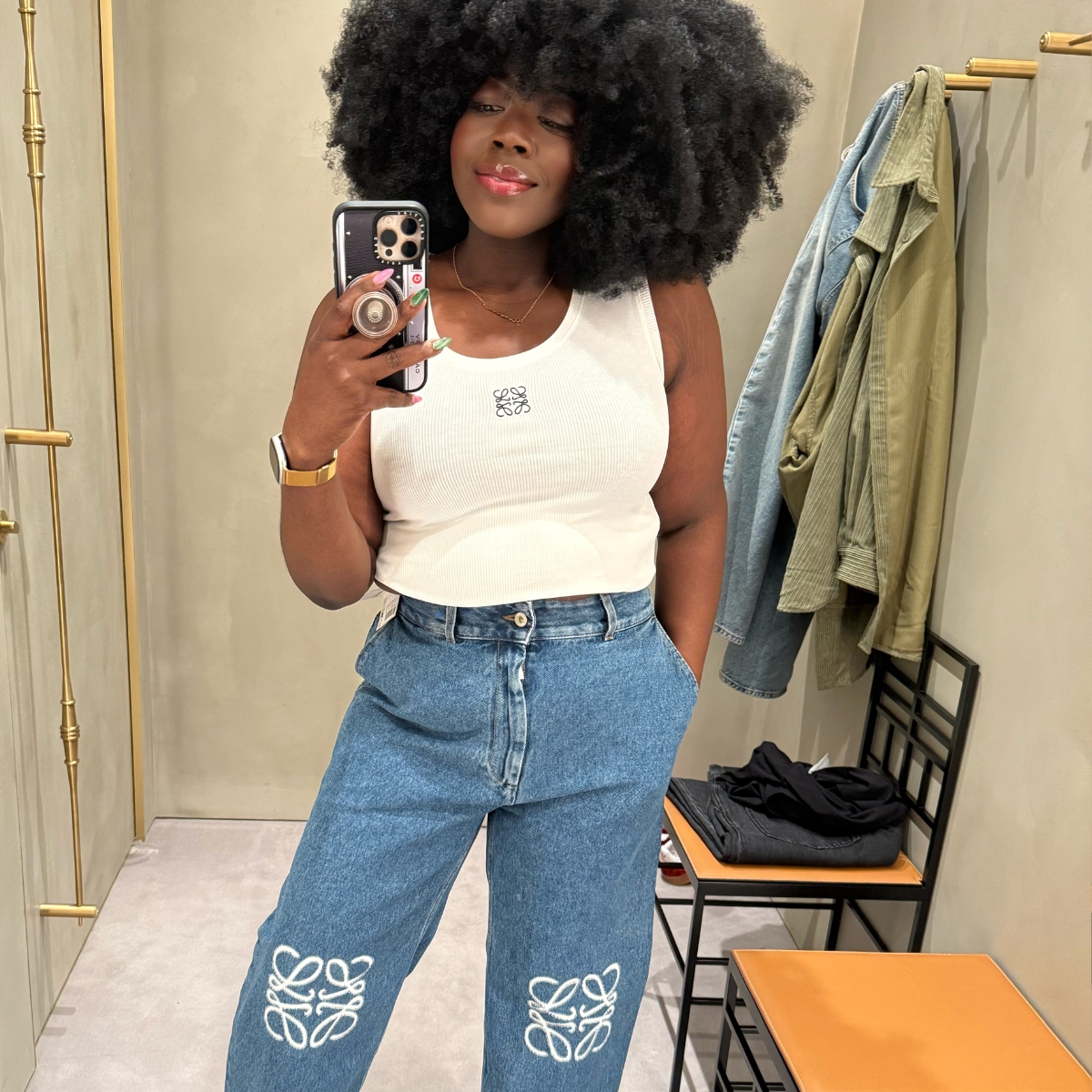 I’m a size 18 Fashion Editor—these are the most flattering plus-size jeans I’ve tried
I’m a size 18 Fashion Editor—these are the most flattering plus-size jeans I’ve triedCurve denim that's worth every penny
By Stephanie Yeboah
-
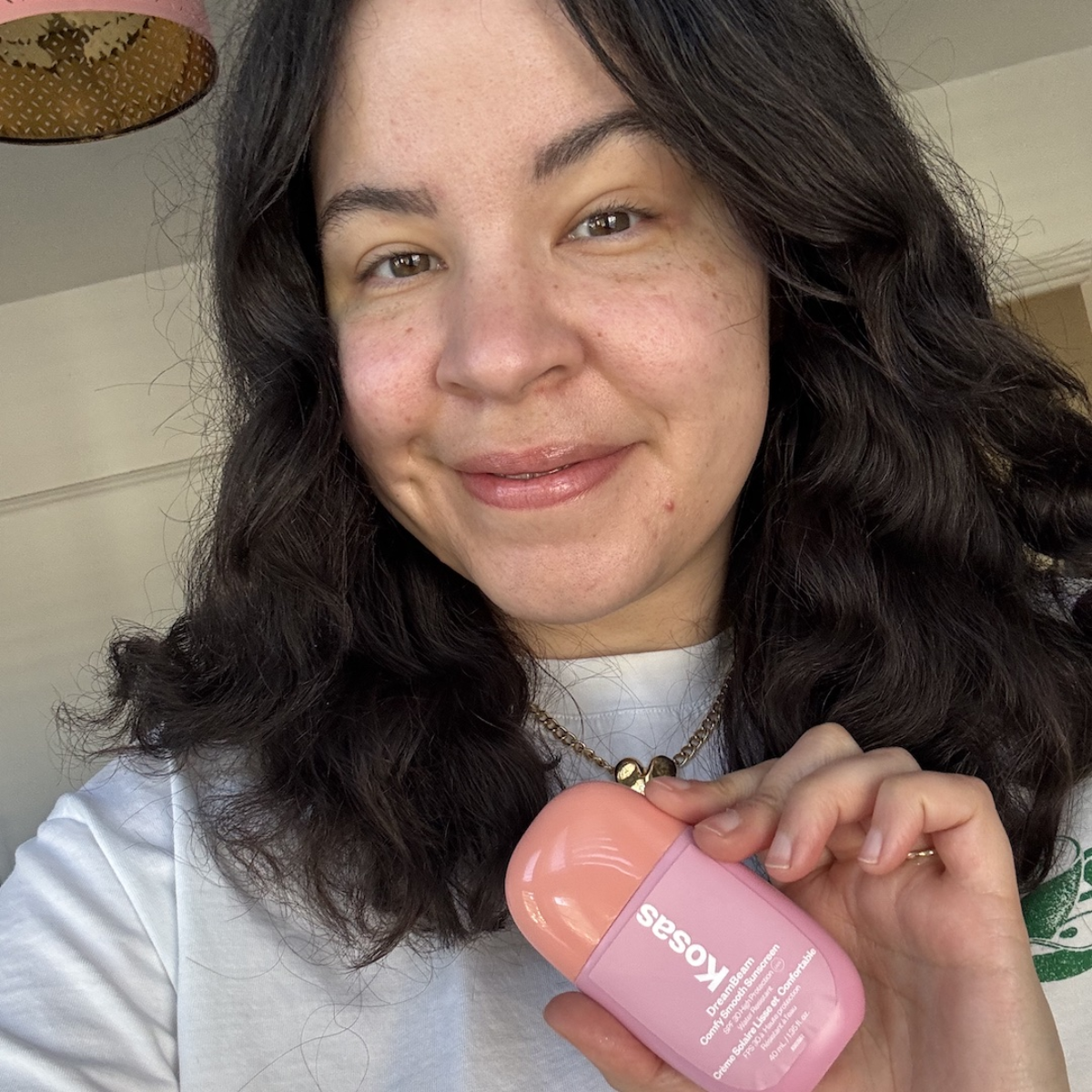 This sunscreen leaves my skin so glowy—it’s basically replaced most of my makeup-bag
This sunscreen leaves my skin so glowy—it’s basically replaced most of my makeup-bagForget the foundation...
By Mica Ricketts
-
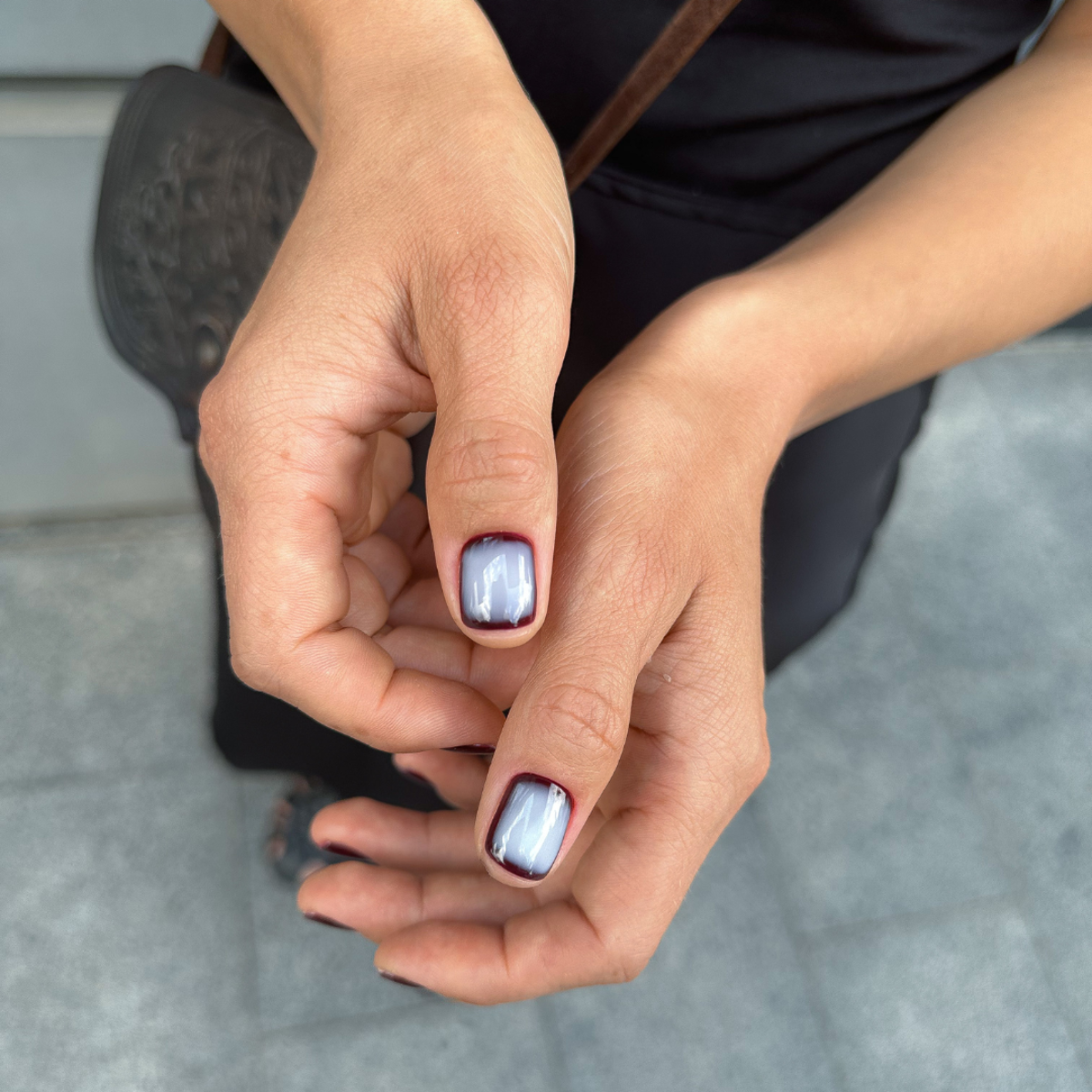 All the cool girls I know are wearing 'stained glass nails' for spring
All the cool girls I know are wearing 'stained glass nails' for springTry something different at the salon
By Rebecca Fearn